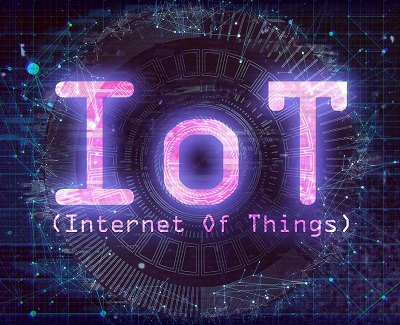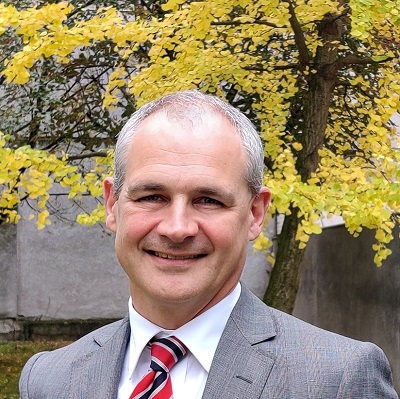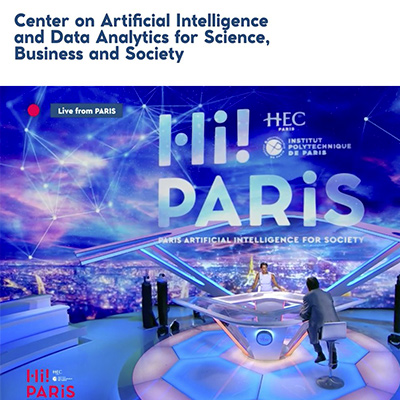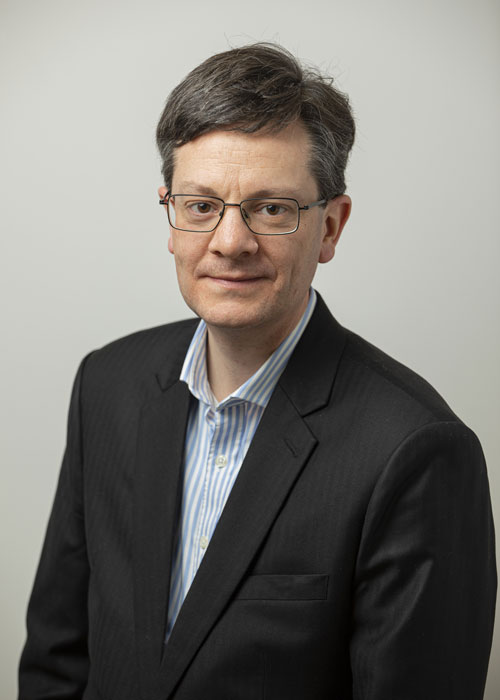Cyber-attacks are not a new phenomenon. The first computer worm distributed via the Internet, known as the “Morris worm” after its creator, infected 10% of the 60,000 computers connected to the Internet at the time.
Achille SALAÜN is defending his PhD thesis: “Alarm prediction in networks via spatiotemporal pattern search and machine learning” on Thursday, July 8 2021.
Mariana SEGOVIA-FERREIRA is defending his PhD thesis: “Cyber-resilience and attack tolerance of cyber-physical systems” on Thursday, May 2021 in visio.
Mustafizur Rahman SHAHID is defending his PhD thesis: “Deep Learning for Internet of Things (IoT) Network Security” on Monday, March 22, 2021 in visio.
François Dellacherie has been appointed Director of Telecom SudParis. He will take over as head of the engineering graduate school on 1 December 2020.
PROCCI Week, Behavioral and Communication Profiles On November 3 2020 Article updated on February 13, 2025, to reflect the latest information. “PROCCI” Week, the French acronym for “Behavioral and Communication Profiles” is organized each year on our Evry and Palaiseau sites. This educational program for third-year engineering students includes several workshops and training sessions. They …
Continue reading “PROCCI Week, Behavioral and Communication Profiles”
On Friday November 6, 2020 at 2:00 pm, Mr Abdallah SOBEHY is expected to defend his research to obtain his PhD at l’Institut Polytechnique de Paris, prepared at Telecom SudParis in: Computer science
Institut Polytechnique de Paris and HEC Paris launch a new Center with global ambitions in the fields of AI and Data Science.
The digital transition, a lever for ecological transition? On February 20 2020 As the Fondation Mines-Télécom launches its new monitoring cycle dedicated to the impact of digital technology on the environment, the link between “Digital” and “Environment” is raising an increasing number of questions. With “Energy4Climate”, the Institut Polytechnique de Paris is tackling the challenge …
Continue reading “The digital transition, a lever for ecological transition?”
Doctoral thesis: « Protection of the Confidentiality of Recommendation Services for Smart Cities » On January 13 2020 Doctoral School : Sciences et Technologies de l’Information et de la Communication and the Research Unit SAMOVAR (UMR 5157) – Services répartis, Architectures, Modélisation, Validation, Administration des Réseaux are presenting the “examination of a thesis” by Mr …
Continue reading “Doctoral thesis: « Protection of the Confidentiality of Recommendation Services for Smart Cities »”















